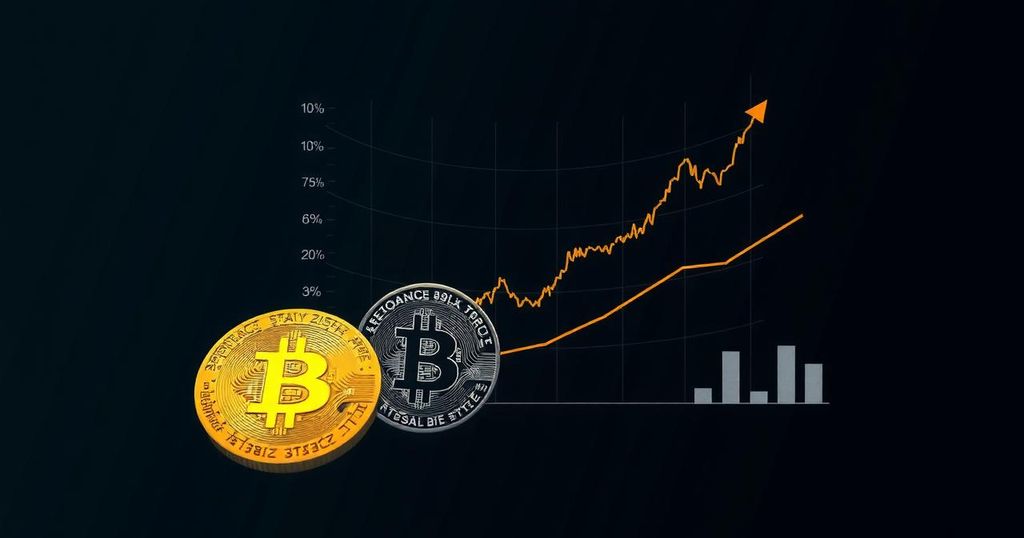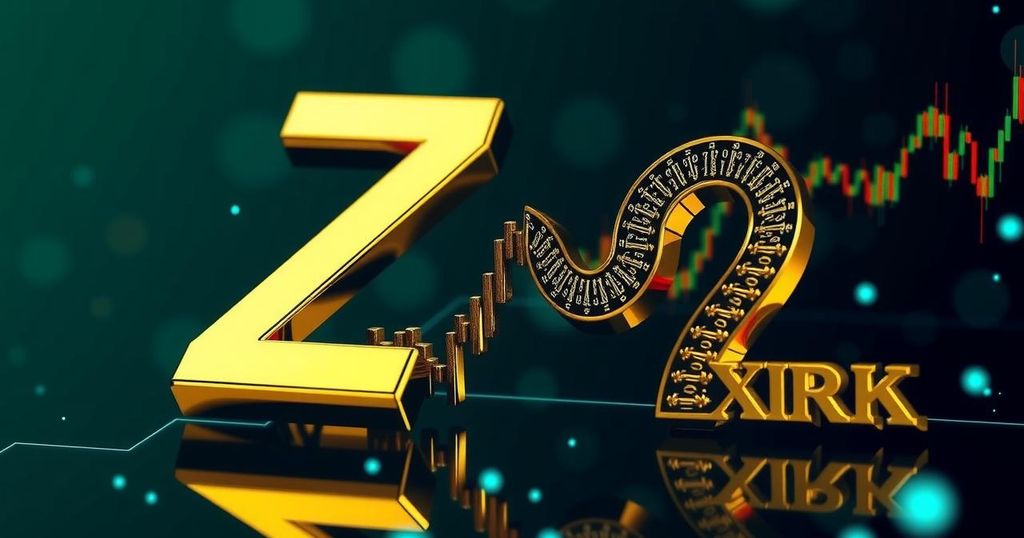Week in Review: Economic Concerns Mount as Microstrategy Expands Bitcoin Holdings and Regulatory Clarity Remains Elusive
Summary
Peter Schiff warned that the Federal Reserve’s rate cut could lead to significant economic issues, while Microstrategy plans to buy more bitcoin after raising $1.01 billion. A bitcoin investor faces up to three years in prison for tax fraud, and El Salvador’s President Bukele announced a self-financed budget for 2025. Legal leaders from Coinbase and Ripple criticized the SEC for its inconsistent regulations on crypto assets as securities.
This past week in the world of bitcoin and cryptocurrency has been marked by significant developments that could impact both the economy and investors. Renowned economist Peter Schiff has raised concerns that the Federal Reserve’s recent decision to cut interest rates may lead to severe economic consequences, exacerbating inflation and increasing the value of gold as a safe haven asset. Meanwhile, Microstrategy has announced its intent to purchase additional bitcoin following a successful private offering that generated $1.01 billion in funds. This decision aligns with the company’s ongoing strategy to bolster its treasury reserves by utilizing debt and equity financing to acquire more bitcoin. In legal matters, a bitcoin investor who admitted to underreporting his cryptocurrency earnings is now facing the possibility of three years in prison due to significant tax liabilities owed to the Internal Revenue Service (IRS). The investor admitted to having failed to report gains of approximately $3.7 million from bitcoin sales, leading to a tax shortfall exceeding $550,000. Additionally, President Nayib Bukele of El Salvador has pledged to submit a budget for 2025 that is entirely self-financed, marking a notable shift towards fiscal independence from debt. This approach is touted as a historic move for the nation, emphasizing the importance of self-sufficiency. In the regulatory arena, legal representatives from Coinbase and Ripple have publicly criticized the U.S. Securities and Exchange Commission (SEC) for its inconsistent and confusing categorization of cryptocurrency assets as securities. They have highlighted contradictions in the SEC’s approach, underlining the need for clarity in the regulatory landscape regarding digital assets.
The article outlines recent key happenings in the cryptocurrency sector, particularly highlighting the Federal Reserve’s policies, the strategic actions of Microstrategy, growing legal ramifications for investors, and the political shift of El Salvador towards a self-financed budget. It also discusses the ongoing regulatory challenges faced by cryptocurrency firms as they navigate the evolving landscape of U.S. securities law. This context is essential to understand the interplay between economic policies, corporate strategies, investor behaviors, and government regulations in the cryptocurrency market.
In summary, the past week has seen pivotal developments that underscore the interconnectedness of economic policy and the cryptocurrency market. Peter Schiff’s dire warnings regarding the Federal Reserve’s actions, Microstrategy’s aggressive bitcoin acquisition strategy, legal implications for underreporting crypto profits, El Salvador’s commitment to a self-funded budget, and the calls for regulatory clarity from major industry players all demonstrate the dynamic and often volatile nature of this financial landscape. Stakeholders will need to remain vigilant as these factors evolve and shape the future of cryptocurrency investment.
Original Source: news.bitcoin.com







Post Comment